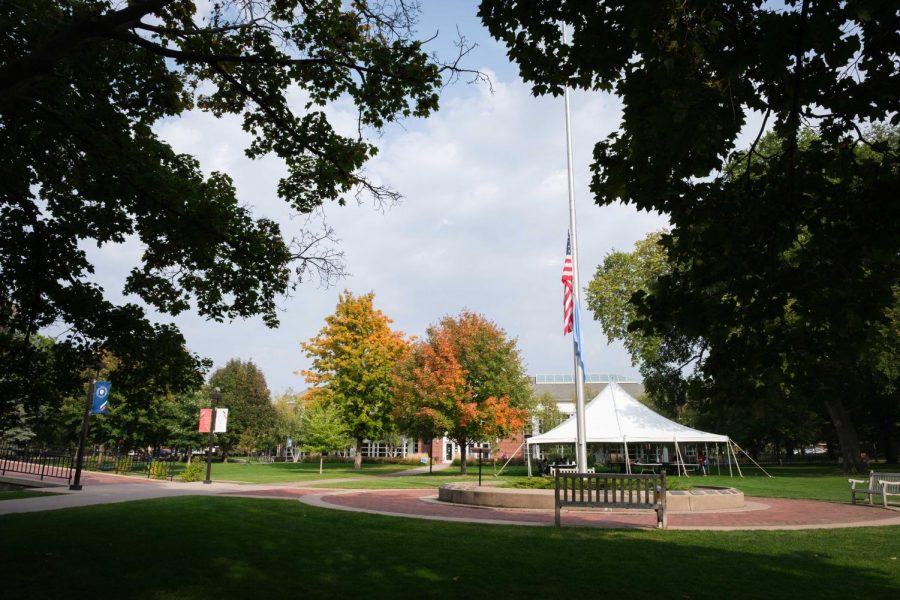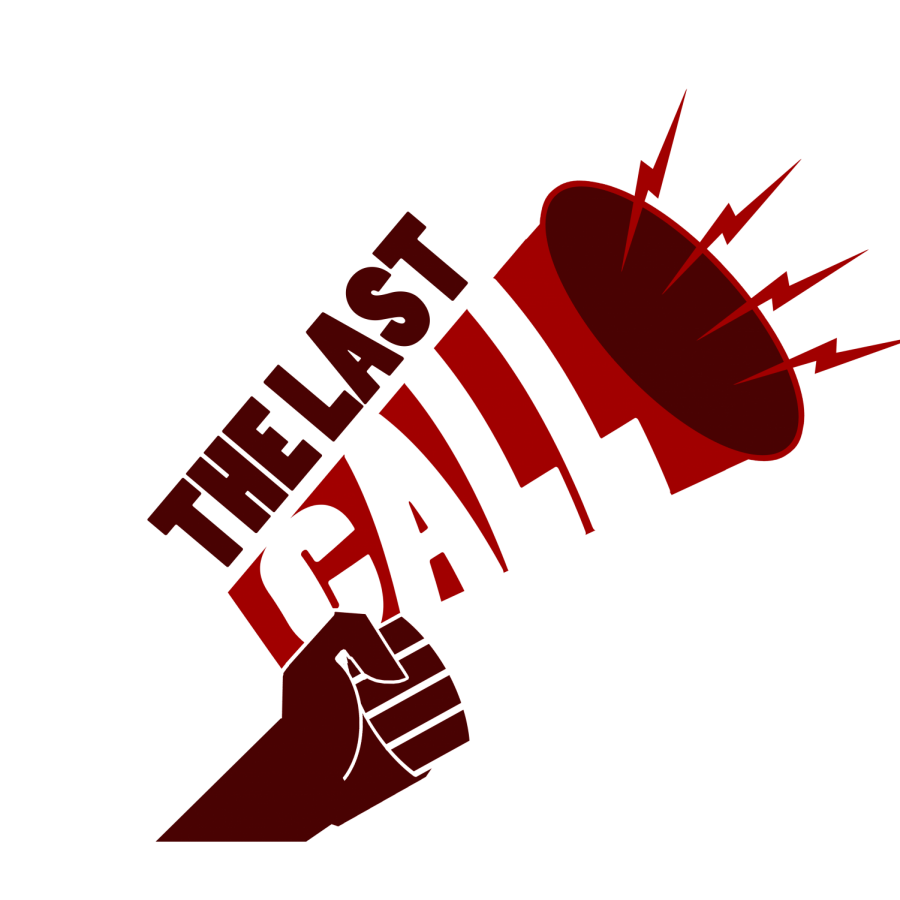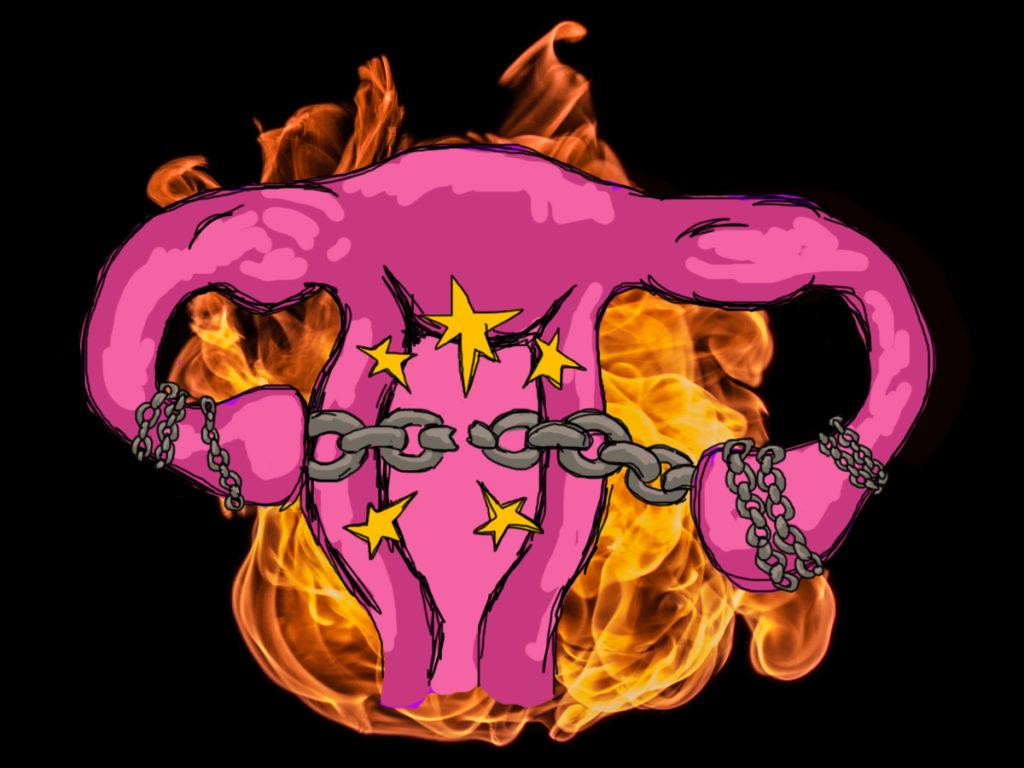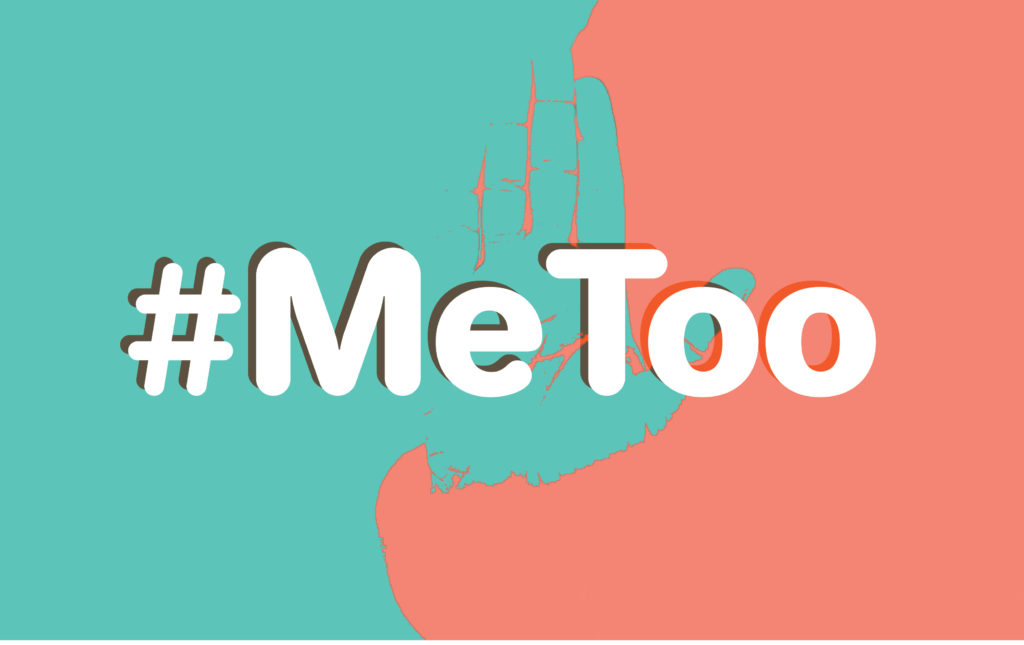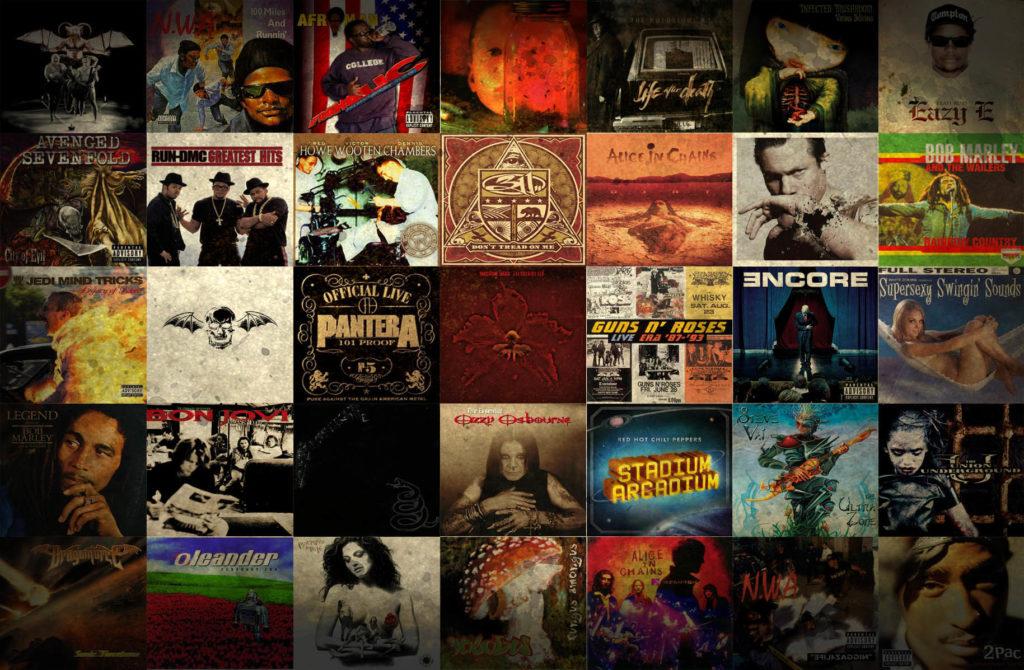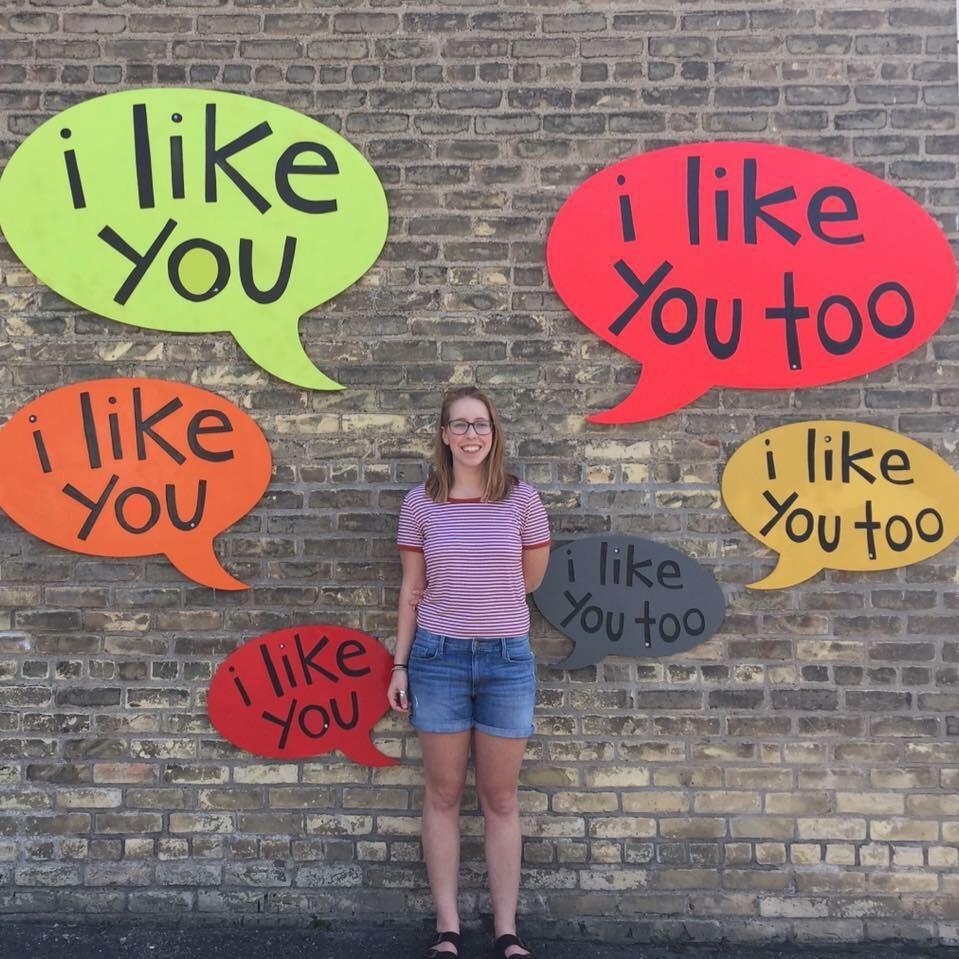Occasionally, other people pay me a compliment, like “Ariel, you look great today.” At one time, I immediately responded to compliments with some variation of “Oh no, no I don’t.” But that was a while ago. These days, compliments still humble me with how gracious I am for the person’s kindness, but I have changed my response to these embarrassed refusals to a resounding, confident “Yes, I know.”
A serious reflection on confidence underwrites the transition from refusing a compliment to accepting it wholeheartedly. Coming from speaking about self-love, the question of confidence feels like a natural transition. The two are alike, but for me, self-love centers on an individual’s reflection of self. I define confidence, on the other hand, as a performance of this reflection. It is the set of unconscious habits and intentional practices that we use to present to the world the worthiness we hold for ourselves. As such, confidence needs an audience (imaginary or real) somewhere to play witness. This much is obvious in the way we describe a confident person. When told you carry yourself confidently, it implies you have a distinct aura of personal certainty that is legible enough for others to recognize your presence as strong. And the tenor of this self-assured attitude somehow expressed your deep sense of security, respect, positivity and high self-esteem.
In the past, I have deeply misread the confidence of those around me because no one really told me how to be confident. I imagined confidence as a characteristic gifted to some lucky few upon their birth—a gift I was not blessed to receive. It was an individualistic valuation of their worth above mine.
I cannot name the moment I realized I was wrong, but I know the exact thought I had. I had truly grasped that some things I held as most true—like race and gender—were social constructs, meaning that these principles are created by society to support the very society that made them, and thus could be changed. I applied that to my day-to-day life and saw that confidence was not only just a set of behaviors, and that it was also not innate or fixed.
The malleability of words gives us the opportunity to explore the limits of what confidence could mean and who can access it. Confidence no longer has to mean a certain set of extroverted behaviors: it is also the quiet fierceness of an introvert in class excited to learn. It is also the bravery of someone sharing they’ve been hurt. It is a person discovering their vocation and sharing it. For me, it has been to change the script around compliments. At first, I was still working on issues of self-worth so I didn’t quite believe in the affirmation. Instead, I said “Yes, I am wonderful” as a dynamic promise to myself, my future self and the person complimenting me that one day it would be true. Now, after years of growth, community support and practice, it is true—even though I accept the ways I am self-deprecating and self-sabotaging and not wonderful as well.
This is not a contradiction. I am not a contradiction. I am me, I am confident and I am often scared of not being enough. What drives me forward is that I want to make changes to how people in the communities I care for love themselves and one another. I play out these practices on my own body to act as model for my beliefs, even if it at times can be painful, quieting, humbling and lonely to pursue confidence.
But, I know that I am not alone in my pursuit. As I said, confidence lends itself to an audience, and luckily I have found mine in peers who I can support in turn. I asked one of these friends, Danny Ross ’15, to share his experiences with confidence that have informed this article and my thoughts:
“I study Educational Studies,” Danny wrote, “so I make an academic living out of my desire to allow children I work with to have success and opportunity, despite the staggering barriers placed in front of them. The climate of public education is not optimistic, and I think it’s natural to observe that and promptly clam up, to be pessimistic, to doubt. How responsible would I be if I modeled that attitude for students? The ethical alternative is instead to model confidence and boldness while presenting new, challenging material to children: I will behave as if something is possible, despite the fear we feel mutually, so they can become accustomed to subverting it.
“I say ‘subverting’ because I don’t believe in stuffing or ignoring fear. I don’t think ‘fake it ‘til you make it’ is wholly possible. Fear is all around us. Fear is the suspicion that you don’t know what you’re doing and everyone else does. This can be felt in academic settings, and it can certainly be transposed to intimate, romantic settings as well.
“But, the suspicion is true: you don’t know what you’re doing, but luckily neither does anyone else. Embracing confidence means embracing this idea and carrying on anyway. It is natural to interpret confident habits in people as intimidating or brash, but I ask: why not admire them? Why not borrow them? Why not embrace fear in hopes that you can help those around you embrace it too, and live more comfortably?
“Confidence is a way to provide for those living in fear. Confidence is a gift—or, rather, confidence is giving. As spiritual teacher and author Marianne Williamson famously wrote, ‘As we let our own light shine, we unconsciously give other people permission to do the same.’”
As Danny urges, embrace all that keeps you from claiming your confidence. Do not worry about tremendous or overnight changes, just begin to grasp at new ways to perform your worth in ways that supports your vision of love, kindness and strength. Let us act as models of a reformed confidence for ourselves and each other, so that together we can shine as the wonders we are.



